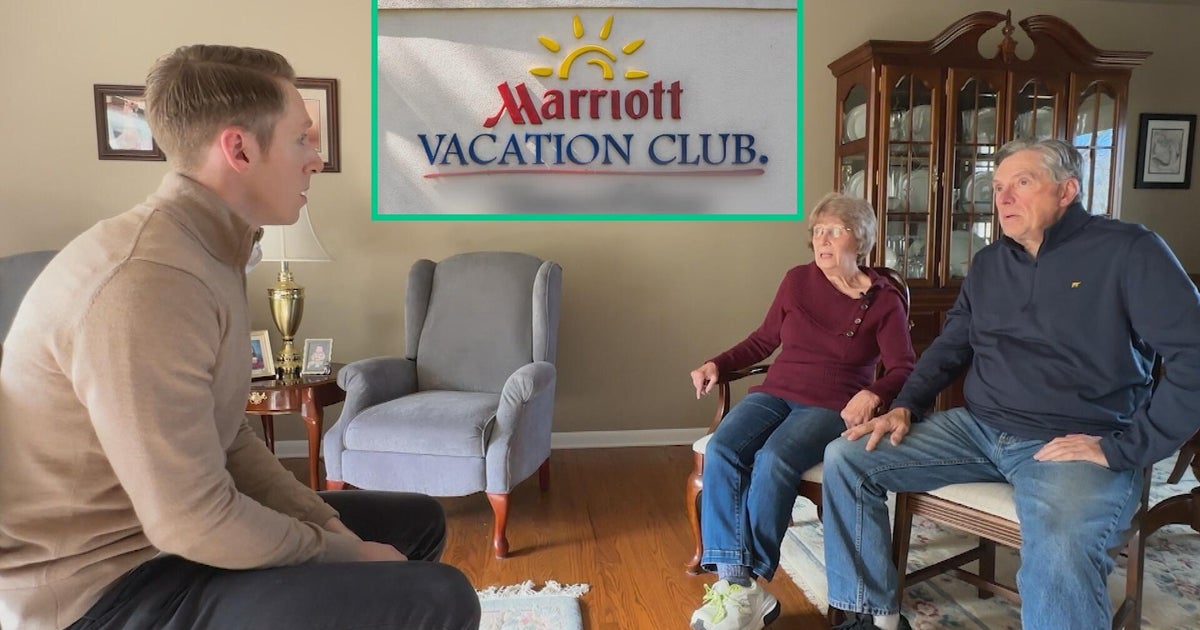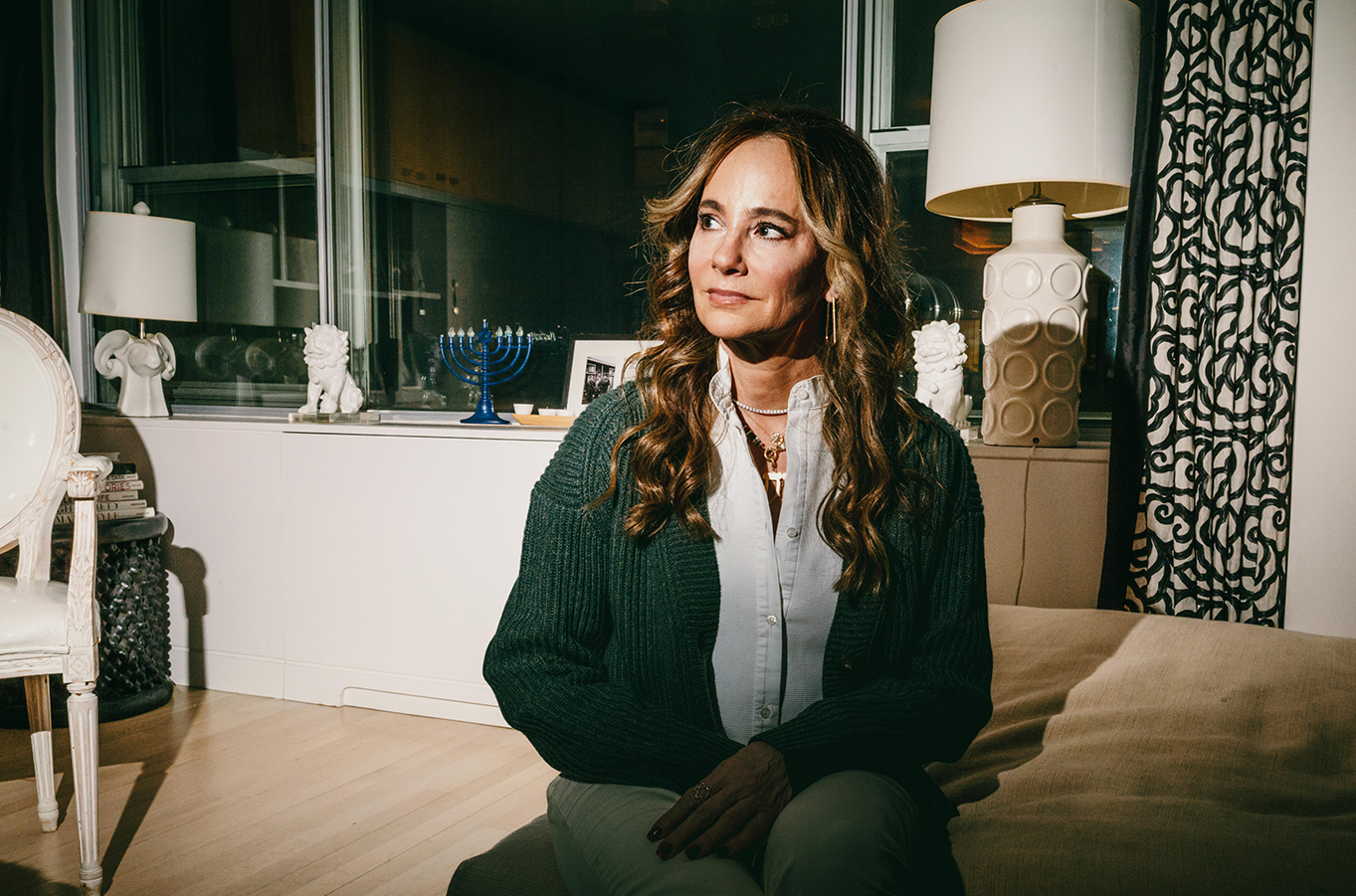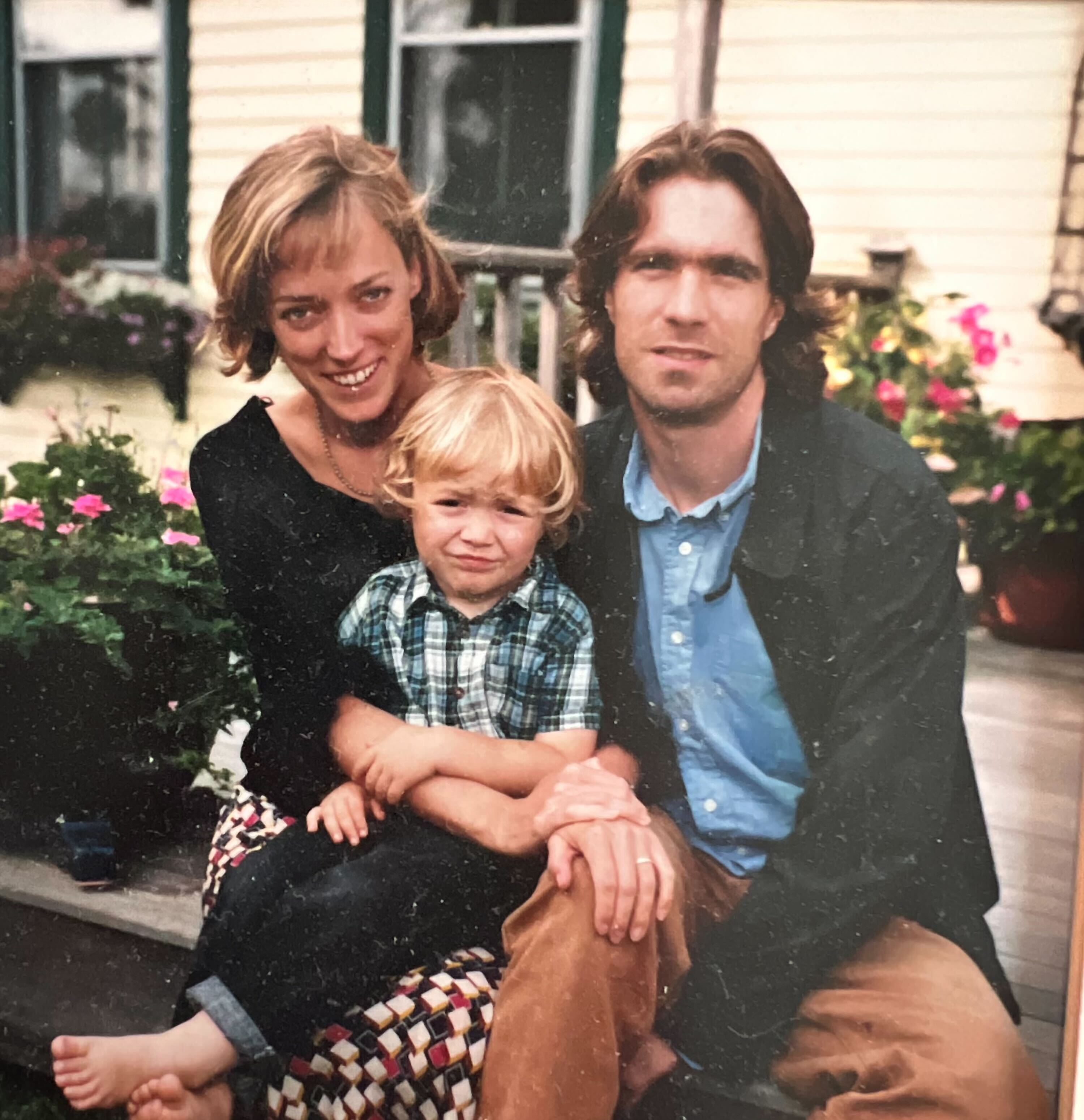In Philadelphia, high levels of lead in soil raise parents' concerns
Construction projects in Philadelphia's river wards are on the rise. Some parents worry that when construction crews don't follow dust regulations, hazardous lead particles could end up in places where children play.
The Philadelphia Inquirer and Daily News recently tested more than 100 parks, playgrounds and backyards in the city's river wards. Nearly 75 percent of the areas tested had hazardous levels of lead.
There's not a day that goes by that Jana Curtis and her husband, Bill Pace, don't look at their three-year-old daughter Nolyn, and wonder whether she'll have lifelong damage from lead.
"She gets frustrated really easily," Curtis told CBS News correspondent Jericka Duncan. "And you know, that could be every three-year-old, or it could be as a result of that elevated lead. You just won't know."
In 2015, her parents found out Nolyn had a blood lead level of 14. That's almost three times the level the CDC says is cause for concern.
Their initial reaction? "Heartbroken, really," Curtis said. "You know, you do so much to protect your kids, and then to realize that you failed in that is terrifying."
Exposure to abnormally high levels of lead can cause developmental delays. At one-and-a-half, Nolyn spoke only two words. Her parents quickly enrolled her in speech therapy.
And the more research Bill Pace did, the more scared he became for his daughter.
The family found out their backyard soil had elevated levels of lead, only after the Environmental Protection Agency went door-to-door to test homes for lead, including its soil.
- Children suffer from lead poisoning in 3,000 U.S. neighborhoods ("CBS Evening News," 12/19/16)
- Parents urged to retest children for lead after FDA warning (CBS News, 05/18/17)
For the past several years, the EPA has been doing that type of testing in their neighborhood, because the area was once home to at least 14 chemical plants that released lead waste.
The family's soil sample came back at over 1,100, "which is close to three times the limit for playspaces for kids," Curtis said.
Recent town hall meetings have been packed with parents of small children who are concerned about the various ways lead can spread.
Reporter Wendy Ruderman worked on the Philadelphia Inquirer/Daily News investigation. She says unregulated construction sites may be contributing to the problem.
"We found lots of sites with just giant, heaping piles of dirt left uncovered, blowing in the wind," Ruderman said.
Dr. Thomas Farley, Philadelphia's Health Commissioner, said, "The most important thing is to be wetting material so that dust isn't generated when they demolish the houses."
"Have the contractors been doing that?" Duncan asked.
"We know that the contractors are not following those recommendations now, or those requirements now," he replied.
After the interview, a spokeswoman for the city said that parks and recreation facilities near a construction site will now be hosed down several times a week; signs will now be posted at all parks and recreation facility sites reminding kids to wash their hands; and contractors have been sent letters reminding them of the city's air management quality laws.
But Dr. Farley said lead levels in children outside of the river ward area are even higher. "We think the primary sources of exposure for lead in children today is the interior paint," he said.
The CDC says that, nationwide, lead paint may account for up to 70 percent of elevated lead levels in children.
"There may very well be some contribution from soil, but that doesn't appear to be the major source," Dr. Farley said.
But any source, says father of three Bill Pace, is worthy of the city's attention. "If you really want to eradicate lead poisoning in the kids in this city, you have to take away a hundred percent, not seventy. And to ignore the thirty percent, I think, is a huge mistake."
Nolyn's parents replaced the topsoil, and now mop twice a day, to avoid further lead exposure.
Nolyn's blood lead level is now at four, and she's taking iron supplements. Her parents say she is doing better, but they're still worried.
Bottom line: There are unsafe levels of soil in many urban neighborhoods across the country. Doctors say knowing about the risks and testing your children early are the best ways to prevent lead poisoning.







